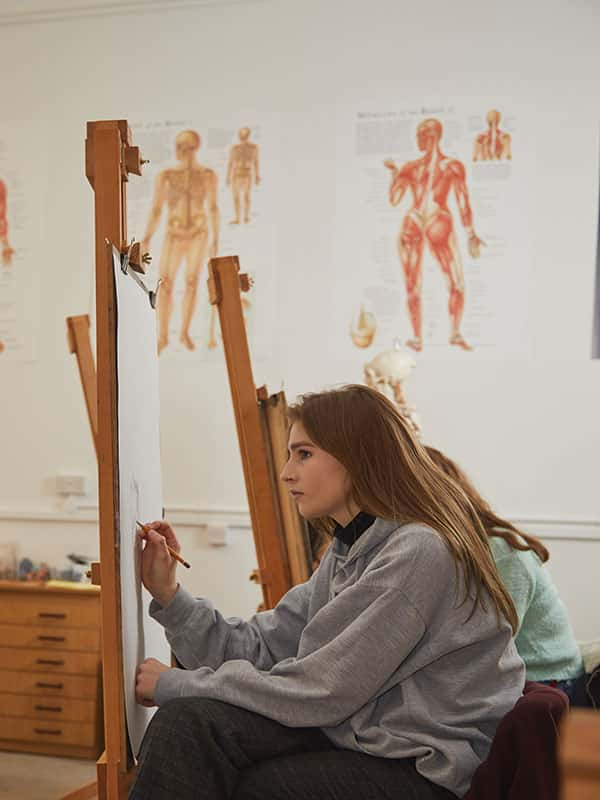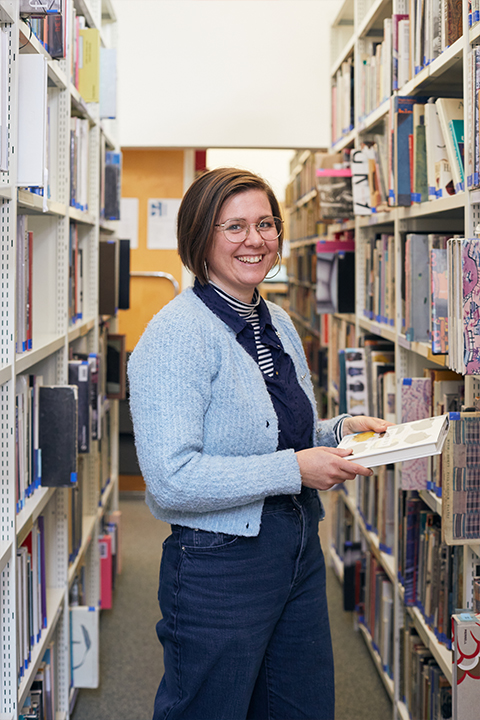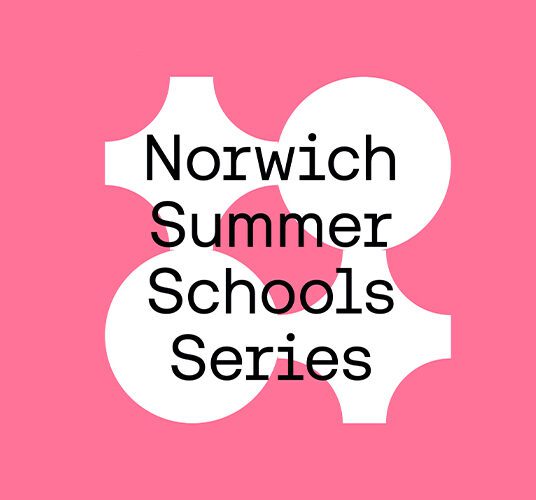




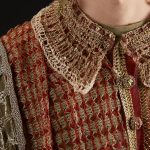
Textile Design BA (Hons)
Length:
3 or 4 year options
UCAS Code:
W231 (3 Year)
W235 (4 Year)
Institution Code:
N39
Sandwich courses:
Creative Professional Development (1 year, Level 5 diploma), or Creative Computing (1 year, Level 5 diploma), available between years 2 & 3
BA (Hons) Textile Design supports you to identify personal professional interests alongside developing creative, technical, and industry skills.
Textile Design at Norwich is for the curious, creative student who wants to explore surface, pattern, material, digital and traditional textile processes for interiors and fashion. Our course will support you to identify personal professional interests alongside developing creative, technical and industry skills.
You’ll design and make solutions for environments, bodies, and artefacts and drive change in how we think about textile consumption, inclusivity, and identity.
You will develop your commercial and industry understanding through competitions, lectures and workshops with textile and fashion industry guests such as Sarah Angold, Sally Ann Wood (Cath Kidston), Lis Cooke, Deborah Bowness, Karen Nicol and Margo Selby.
You’ll be unconstrained by specialism and can explore a range of disciplines. You will be encouraged to develop your own unique design language through concept, making, and resolution. Taking your personal ways of seeing, you will design for different contexts, ensuring you are industry-ready by the time you graduate.
Success in awards
Our graduates are award-winners in the UK and beyond, including the international awards hosted by the Society of Dyers and Colourists, i-Dott wallpaper awards, Bradford Textile Society Awards and The Batsford Prize.
Why Study with us
- Delve into the infinite possibilities of textile design, through drawing, image and colour, and material research to inform pattern and design direction.
- Work in our spacious riverside studio spaces and workshops with access to print, knit, weave and embroidery equipment and a top-of-the-range digital creative suite.
- Explore advanced applications of digital and CAD tools for design and manufacture.
- Take part in practical workshops and industry standard design challenges to develop skills in various textile processes such as print, knit, weave, and stitch, as well as dyeing, fabric manipulation, surface embellishment and digital software.
- Engage with industry agendas of sustainable practice and responsible design while addressing commercial and client needs of this multi-million-pound global industry.
- Explore the physical properties of materials and processes of making, embracing traditional craft and digital production methods to create design solutions that shape and redefine our industry.
- Allow your curiosity and passion to explore research themes and concepts of future facing design debates and historical narratives.
Course Content
Year 1
- Learn a variety of key skills, which may include screenprinting, weaving, hand and machine knitting and stitching, digital imaging and printing
- Examine the history and theory of textiles, and associated aspects of design and culture
- Develop your drawing, visual research and design development skills
- Engage with the contemporary textile industry through lectures and seminars from a range of visiting lecturers, visits to trade shows and field trips.
Year 2
- Broaden your understanding of traditional techniques and explore advanced applications of digital and CAD tools for design and manufacture
- Examine contemporary textile design topics including ethical and sustainability issues
- Collaborate with other students on projects exploring a variety of textile related contexts
- Continue your engagement with the textile industry through placements, national competitions, visiting professionals and field trips.
Year 3
- Undertake self-negotiated projects offering opportunities to showcase your design and technical skills
- Develop a Research Report around a topic of your choice and underpinned by individual studio practice
- Consolidate your professional portfolio of work and create promotional material targeted towards future employment and career opportunities.
Careers Information
Transferable skills are developed throughout the course as well as through extra-curricular projects and opportunities. Strong communication skills, negotiation, team-working and time-management are highly desirable employability skills. In your final year, you’ll develop a strategy for your future direction and showcase your skills and attributes through your portfolio.
Graduates have secured diverse roles in textile-related positions and beyond, including manufacturing companies such as Ivo Prints, Whitchurch Silk Mill and Standfast & Barracks and design studios including Next Home, Abacus Cards, Joules, and Bay and Brown. Many establish their own businesses, including Kalopsia Collective, Rachel Parker and Amelia Ellwood.
Typical career paths include
- Textile Designer
- Designer Maker
- Pattern Designer
- Product Designer
- Buyer
- Stylist
- Materials Producer
- Interior Designer
- Researcher
- Stationery Designer
- Branding Executive
- Conservator
- Trend Forecaster
You’ll also get specialist creative careers advice from our Business and Employability Team to help support you as you plan your career.
Anne Gough
Tabbed Section
Typical UK offers
A / AS Levels – GCE
GCE A/AS Levels 3 A-level qualifications at grades BCC (104 UCAS Tariff points) or above. Where candidates are not taking 3 A-levels, Norwich University of the Arts will consider combinations of A-level/AS-level and other Level 3 qualifications.
BTEC Extended Diploma (QCF or RQF)
Distinction, Merit, Merit in an art, design or media related subject
BTEC Diploma (QCF or RQF)
Distinction*, Distinction* in an art, design or media related subject
T Levels
A T Level in any subject with overall grade Merit or above
UAL Extended Diploma
Merit
UAL Level 3 Foundation Diploma in Art and Design
Pass
UAL Level 4 Foundation Diploma in Art and Design
Pass
Foundation Diploma in Art and Design
Pass
Access to Higher Education Diploma (Art and Design)
Pass
International Baccalaureate Diploma
A minimum of 26 points
Norwich University of the Arts welcomes applicants of all ages from all backgrounds. Your application will be primarily assessed through your portfolio (if required), responses to questions asked and personal statement, so even if you have no formal qualifications or do not meet our typical offers it can still be worth applying.
If you are studying at the time of your application and your application is successful it is likely that you will receive a conditional offer.
If the qualification that you are studying is not shown, do not worry as we are able to accept other pre-entry qualifications as well as combinations of different qualifications. Please do contact our Student Recruitment Team if you have any queries.
International applications
We accept qualifications from all over the world. To find our entry requirements from a specific country, please check our dedicated international pages.
Most international students are required to hold an English language qualification. Applicants are required to have a minimum UKVI approved IELTS exam score of 6.0 overall, with a minimum of 5.5 in each section. Equivalent English language qualifications are acceptable such as, IB English language syllabus A or B/English Literature (Grade 4).
We also accept some alternative English qualifications. Learn more about our English entry requirements.
You can email us on international@norwichuni.ac.uk if you’d like to discuss your application individually.
BA (Hons) Textile Design degree portfolio guidance
Portfolios should show examples of your work — both finished and work in progress — that demonstrate your interests and skills. Your portfolio should be made up of work that reflects your creativity, personal interests and influences, as well as demonstrating your technical skills and ability. It doesn’t have to be perfect as we can assess your potential from your work in progress.
Your portfolio should be relevant to this course, but you can include a wide range of work that shows your creativity, technical competence and understanding of innovative design.
You may wish to include some of the following:
- Projects that demonstrate working through a design process (outcomes may be for; textile designs, wallpaper, fashion garments or accessories, costume designs, installations, set interior designs, product or graphic design, jewellery or shoe design)
- Examples of experimental uses of materials (stitch and print, knit and crochet, colour and surface manipulation, shape, collage, repeat pattern and mixed media)
- Drawings, paintings and/or illustrations (design concepts, technical skill, observation, imagination)
- Mood boards (concept/ design boards)
- Photography both as visual research and documentation of outcomes
- Work created using Adobe Creative Suite or other appropriate design software package
Further portfolio advice and tips
Get more advice on presentation formats, layouts and when to submit your portfolio in the application process.
2024/25 University fees for new entrants
Norwich University of the Arts will assess students’ tuition fee status using the guidance provided by the UK Council for International Student Affairs
Students from the UK or Ireland and EU students with ‘Settled’ or ‘Pre-Settled’ status will be charged ‘Home’ fees if they meet the relevant residency requirements. They will usually be eligible for a tuition fee loan from the UK government, meaning that they won’t have to pay Norwich University of the Arts’ tuition fees upfront.
Students who do not meet the necessary residency requirements will usually be charged ‘Overseas’ fees and will not be eligible for the UK government tuition fee loan. Since 2021/22, this includes new entrants from the EU, EEA, and Switzerland who do not have ‘Settled’ or ‘Pre-Settled’ status, because the UK has now formally left the EU.
| Fee status | Course | Annual fee |
|---|---|---|
| Home | Undergraduate degree (full-time three and four year degree) | £9,250 |
| Overseas | Undergraduate degree (full-time three and four year degree) | £18,000 |
Inflation in subsequent years
The rules for inflation on fees in subsequent years depend on the type of fee status and level.
- For Home undergraduate students starting in 2024, inflation may be applied to your fees in later years, if the UK government were to increase the fee cap beyond the current limit of £9,250 per year. If such an increase were to apply, we would confirm this in advance to you of each academic year, and we would limit the increase to the maximum allowed by the Office for Students.
- For Overseas undergraduate students starting in 2024, inflation will be applied to your fees in later years. We will confirm this in advance to you of each academic year, and we will limit the increase to no more than the Office for Students’ recommended inflationary measure, which is RPI-X. RPI-X is calculated by the Office for Budget Responsibility. In setting fees for the following year, we will use the Office for Budget Responsibility’s RPI-X forecast for quarter 3 of the relevant year.
For Home and overseas postgraduate degree students starting in 2024, fees will remain the same for each year of your course.
Financial support for UK students in 2024
Tuition fee loans and loans for living costs are usually available to UK and some EU students, as well as non-repayable Norwich University of the Arts bursaries based on family income. Find out more about applying for funding.
International students
We offer a range of scholarships for international students to support your studies with us.
- Group briefings
- Academic tutorials
- Group tutorials
- Lectures
- Workshops
- Critiques (crits)
- Seminars
- Finished pieces of work
- Presentations
- Written work
- Your research
- A reflective journal
Between Years 2 and 3 of this course, you’ll have the opportunity to undertake one of the following additional qualifications:
Creative Professional Development (1 year, Level 5 Diploma)
Our Creative Professional Development Diploma gives you the chance to spend a year exploring your post-uni job options through a structured programme of input sessions and work-based learning. This year offers two much-sought-after industry placements – the first lasting six weeks, the second 12 weeks, and a group project or ‘hackathon’ exploring freelancing and business start-up.
Creative Computing (1 year, Level 5 Diploma)
Our Creative Computing Diploma introduces you to coding and computational skills that will advance and complement your creative practice. No prior experience of coding is needed, just a curiosity about creative computing and a desire to push your own practice into new realms. You’ll also develop a wider knowledge of the creative tech industries, available roles and opportunities.
Integrated Foundation Year – BA (Hons) Textile Design
An Integrated Foundation Year offers students a chance to build on their experience within their undergraduate course of choice.
An Integrated Foundation Year will help to build confidence and develop subject specific practical, creative and conceptual skills – making full use of University studios and workshops.
Typical UK offers and entry requirements for Integrated Foundation Year entry
GCE A/AS Levels
2 A-level qualifications at grades CC or higher.
BTEC Extended Diploma (QCF or RQF)
Merit, Merit, Pass in an art, design or media related subject
BTEC Diploma (QCF or RQF)
Distinction, Merit in an art, design or media related subject
T Levels
Pass (D or E on the core)
UAL Extended Diploma
An overall Pass
UAL Level 3 Foundation Diploma in Art and Design
An overall Pass
Foundation Diploma in Art and Design
Pass
Access to Higher Education Diploma (Art and Design)
Pass
International Baccalaureate Diploma
A minimum of 24 points
Norwich University of the Arts welcomes applicants of all ages from all backgrounds. Your application will be primarily assessed through your portfolio, responses to questions asked and personal statement, so even if you have no formal qualifications or do not meet our typical offers it can still be worth applying.
If you are studying at the time of your application and your application is successful it is likely that you will receive a conditional offer.
Find out more about four year degrees at NorwichTeaching Staff
News
@norwichuniarts
Norwich University of the Arts achieved the highest recognition, a Gold rating, in the Teaching Excellence Framework 2023 (TEF) in all three categories…
View this post
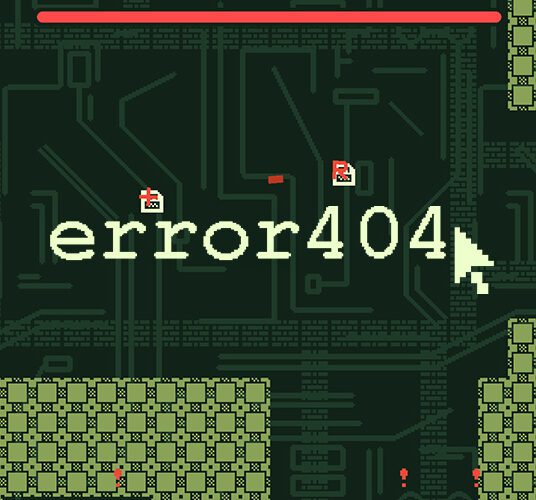
Norwich Student wins at Ukie Student Game Jam 2024
BA (Hons) Games Art and Design student Charlie O’Shea was awarded Best Moment-to-Moment Gameplay award for his game ‘error404’.
View news article
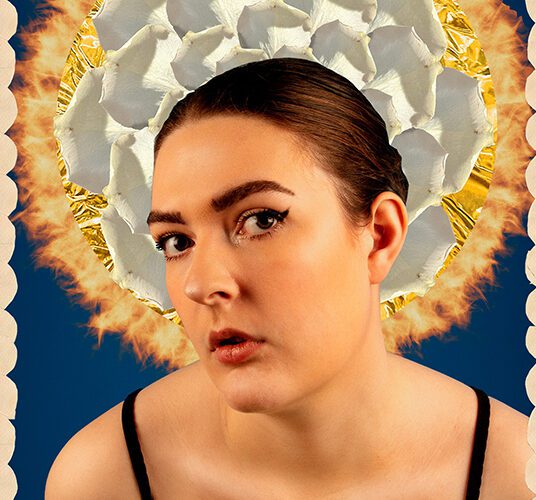
Claudy Woods
BA (Hons) Photography student Claudy Woods tells us about her experience attending the Year 3 London Portfolio crit, and how it has affected her work and practice.
View blog








